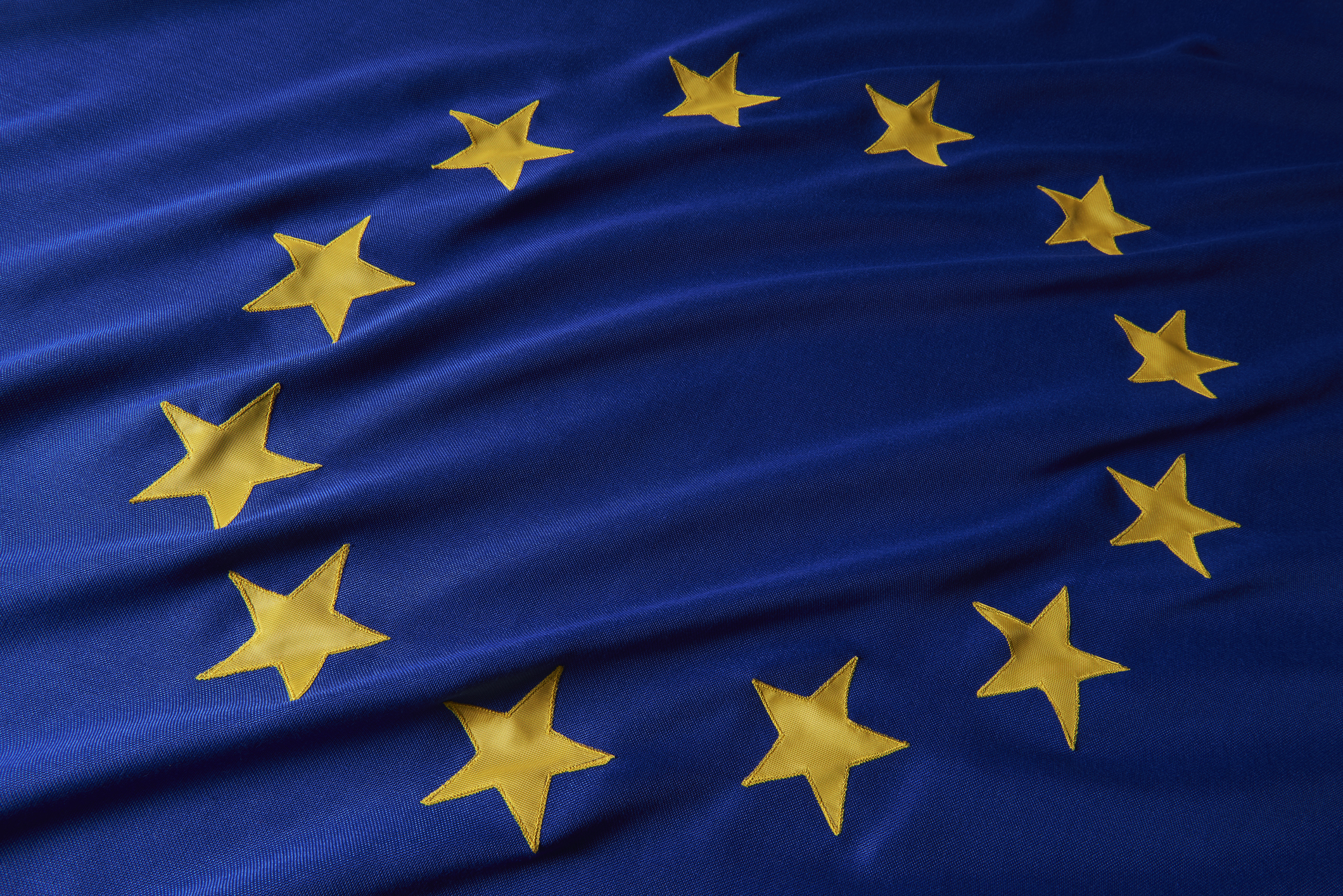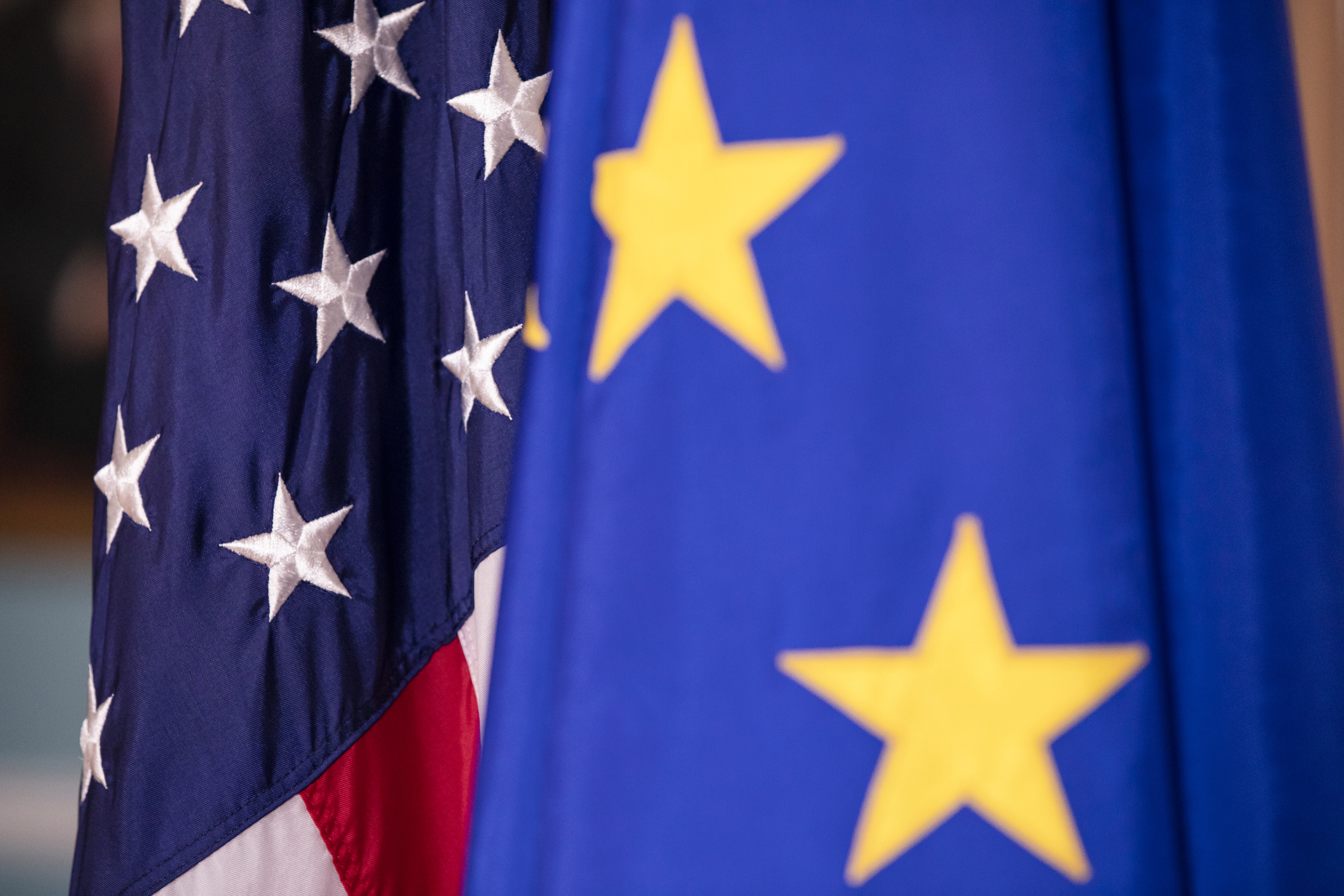More roaming about roaming
Inside the Enterprise: Despite the European Commission's best efforts, a single market in telecoms and data services is some way off.

The quest for a single European market goes back further than even the introduction of a single European currency.
The Single European Act was meant to create a single market, or free trade area, within the European Union by the end of 1992. In reality, a true single market remains some way off.
Nowhere is that more apparent than in mobile communications. Mobile phones as well as data-capable devices such as the iPad are designed to be portable. And portable devices cross borders; the GSM phone network was designed specifically with roaming in mind.
Driving down those costs can only help businesses to simplify their policies on the use of mobile devices overseas, and it could improve security too.
Yet Europeans face far, far higher charges for simple services, such as receiving a call, in a neighbouring European country than they do at home. In the EU, this is capped at 11 euro cents (plus VAT) per minute, but on a UK subscriber's home network, incoming calls are free.
With telecoms networks now largely IP based, the actual additional work in delivering calls, or data services, to people travelling abroad, or roaming, must be minimal for the telcos. And since 2007, the EU has acted by progressively capping call charges, with the Commission taking the view that competition has failed to bring costs down far enough, or fast enough.
At the start of this month, the capped cost of making a voice call in the EU came down from 35 pence per minute to 32 pence per minute, and this will fall further next year. But the Commission has said that it will reduce the cap furtherfrom 2014.
Get the ITPro daily newsletter
Sign up today and you will receive a free copy of our Future Focus 2025 report - the leading guidance on AI, cybersecurity and other IT challenges as per 700+ senior executives
Officials were said to be concerned that, without a new cap in place, roaming prices would start to rise again to pre-2007 levels. That concern is very real: uSwitch, the consumer price comparison service calculates that the average bill facing a holidaymaker returning abroad is a whopping 149.
Under the new proposals, data roaming will also be capped, with costs progressively limited until they reach 0.50 per MB. Data roaming is currently uncapped. This has long been a point of contention for businesses and their IT managers, who have to pay large bills, if their staff are to keep in touch when they travel for work.
Driving down those costs can only help businesses to simplify their policies on the use of mobile devices overseas, and it could improve security too: there will be less need to seek out free, and sometimes dubious, open Wi-Fi connections.
The commission, for its part, hopes that no more caps will be needed after 2016, when the proposed regulatory regime will expire. Competition, instead, will keep down costs.
Whether it will, remains to be seen. A simple comparison of the cost of electronic goods, such as an iPod or a TV, on the UK and French versions of Amazon shows how far we are from a true, single market. And that's even before mentioning the cost of a bottle of wine. The commission's regulators cannot retire just yet.
Stephen Pritchard is a contributing editor at IT PRO.
Comments? Questions? You can email him here
-
 Bigger salaries, more burnout: Is the CISO role in crisis?
Bigger salaries, more burnout: Is the CISO role in crisis?In-depth CISOs are more stressed than ever before – but why is this and what can be done?
By Kate O'Flaherty Published
-
 Cheap cyber crime kits can be bought on the dark web for less than $25
Cheap cyber crime kits can be bought on the dark web for less than $25News Research from NordVPN shows phishing kits are now widely available on the dark web and via messaging apps like Telegram, and are often selling for less than $25.
By Emma Woollacott Published
-
 ‘Europe could do it, but it's chosen not to do it’: Eric Schmidt thinks EU regulation will stifle AI innovation – but Britain has a huge opportunity
‘Europe could do it, but it's chosen not to do it’: Eric Schmidt thinks EU regulation will stifle AI innovation – but Britain has a huge opportunityNews Former Google CEO Eric Schmidt believes EU AI regulation is hampering innovation in the region and placing enterprises at a disadvantage.
By Ross Kelly Published
-
 The EU just shelved its AI liability directive
The EU just shelved its AI liability directiveNews The European Commission has scrapped plans to introduce the AI Liability Directive aimed at protecting consumers from harmful AI systems.
By Ross Kelly Published
-
 A big enforcement deadline for the EU AI Act just passed – here's what you need to know
A big enforcement deadline for the EU AI Act just passed – here's what you need to knowNews The first set of compliance deadlines for the EU AI Act passed on the 2nd of February, and enterprises are urged to ramp up preparations for future deadlines.
By George Fitzmaurice Last updated
-
 EU agrees amendments to Cyber Solidarity Act in bid to create ‘cyber shield’ for member states
EU agrees amendments to Cyber Solidarity Act in bid to create ‘cyber shield’ for member statesNews The EU’s Cyber Solidarity Act will provide new mechanisms for authorities to bolster union-wide security practices
By Emma Woollacott Published
-
 The EU's 'long-arm' regulatory approach could create frosty US environment for European tech firms
The EU's 'long-arm' regulatory approach could create frosty US environment for European tech firmsAnalysis US tech firms are throwing their toys out of the pram over the EU’s Digital Markets Act, but will this come back to bite European companies?
By Solomon Klappholz Published
-
 EU AI Act risks collapse if consensus not reached, experts warn
EU AI Act risks collapse if consensus not reached, experts warnAnalysis Industry stakeholders have warned the EU AI Act could stifle innovation ahead of a crunch decision
By Ross Kelly Published
-
 Three quarters of UK firms unprepared for NIS2 regulations, study finds
Three quarters of UK firms unprepared for NIS2 regulations, study findsNews Senior management can be held personally liable for non-compliance under NIS2 rules
By Ross Kelly Published
-
 US-UK data bridge: Everything you need to know
US-UK data bridge: Everything you need to knowNews The US-UK data bridge will ease the complexity of transatlantic data transfers
By Ross Kelly Published